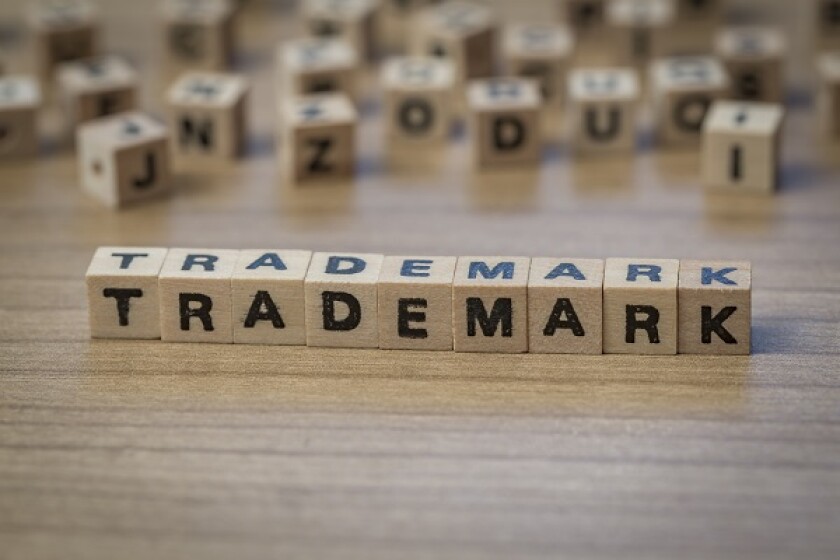The customs initiated an administrative court case at the Commercial Court of St Petersburg against Foreign Brands, a Russian company that imported goods labelled with a trademark "Dr Pepper Est. 1885." This is a routine procedure for customs authorities when they suspect transportation of counterfeit goods through the border. The owner of the trademark in such cases is a third person with limited participation in the proceedings
It was disclosed in the suit that the goods were dispatched by Novargo Inc c/o Rla Distribution Services Corp., USA. Customs consulted the Russian trademark register and found that there were several trademarks registered in the name of European Refreshments, a British company, trademark nos 535941, 535939, 172741 registered in respect of goods in Class 32, including non-alcoholic drinks.
The court dismissed the claims. The judgment was appealed at the Court of Appeal, though unsuccessfully. Customs did not agree with the judgment and appealed it at the IP court with a cassation appeal.
The IP court examined all the documents on file and found that Foreign Brands submitted a customs declaration for some goods labelled "Dr Pepper Est. 1885" intended to be sold in Russia. As indicated in the customs declaration the consignor was Novargo Inc C/O Rla Distribution Services Corp (USA).
Customs sent a notification to European Refreshments which reported that it owns a number of trademarks, nos 535941, N 535939, N 172741, for "Dr Pepper" for the goods in Class 32, including non-alcoholic drinks. European Refreshments did not give permission to Foreign Brands to use the trademark "Dr Pepper". No contracts were concluded between the companies.
The previous courts established that the disputed goods brought to Russia had been bought by Foreign Brands in the USA from RLA Distribution Services, an authorised seller. The goods were labelled with a trademark "Dr Pepper Est. 1885",which is not protected in the Russian Federation (international registration no 85399851). The trademark is owned by a foreign company Dr Pepper/Seven Up. That company produced the disputed goods and labelled them accordingly.
The IP court noted that administrative liability provided by the Code of Administrative Offences (Article 14.10) arises as a result of unlawful use of a trademark or a confusingly similar designation belonging to another person. Unlawful use of a trademark according to the above provision of the law means when a person unlawfully labels the goods with a trademark and imports them into Russia. The provision is intended to protect the country against imports of counterfeit goods labelled without permission from the trademark owner. The court opined that whether labelling of the goods was made lawfully depends on the law of the country of origin of the goods. The court took into account preceding judicial practice and concluded that the above provision of the Code of Administrative Offences (Article 14.10) does not cover cases where the goods are labelled by the trademark owner and imported into Russia and the eponymous trademark is registered in Russia by another person.
The court further concluded that import into Russia of goods lawfully labelled in the country of origin does not entail administrative liability according to Article 14.10 of the Code of Administrative Offences even though the same trademark is owned in Russia by another trademark owner. If the same or a confusingly similar trademark is owned in Russia by another person the imported goods cannot be recognised as counterfeit.
It would seem that the situation is hopeless for the Russian trademark owner. However, there is light at the end of the tunnel. The solution can be found in a civil court case concerning parallel imports. A couple of years ago the Constitutional Court ruled that parallel import is not allowed in Russia (in the Eurasian Economic Union as well). The Russian trademark owner may sue the foreign owner of the same trademark within the framework of civil proceedings. There have been regular parallel import cases culminating in favour of trademark owners. The above case is somewhat unusual and has no precedents. Nevertheless one may reasonably expect that similar cases would have more chance of winning than ordinary parallel import cases.
Vladimir Biriulin












